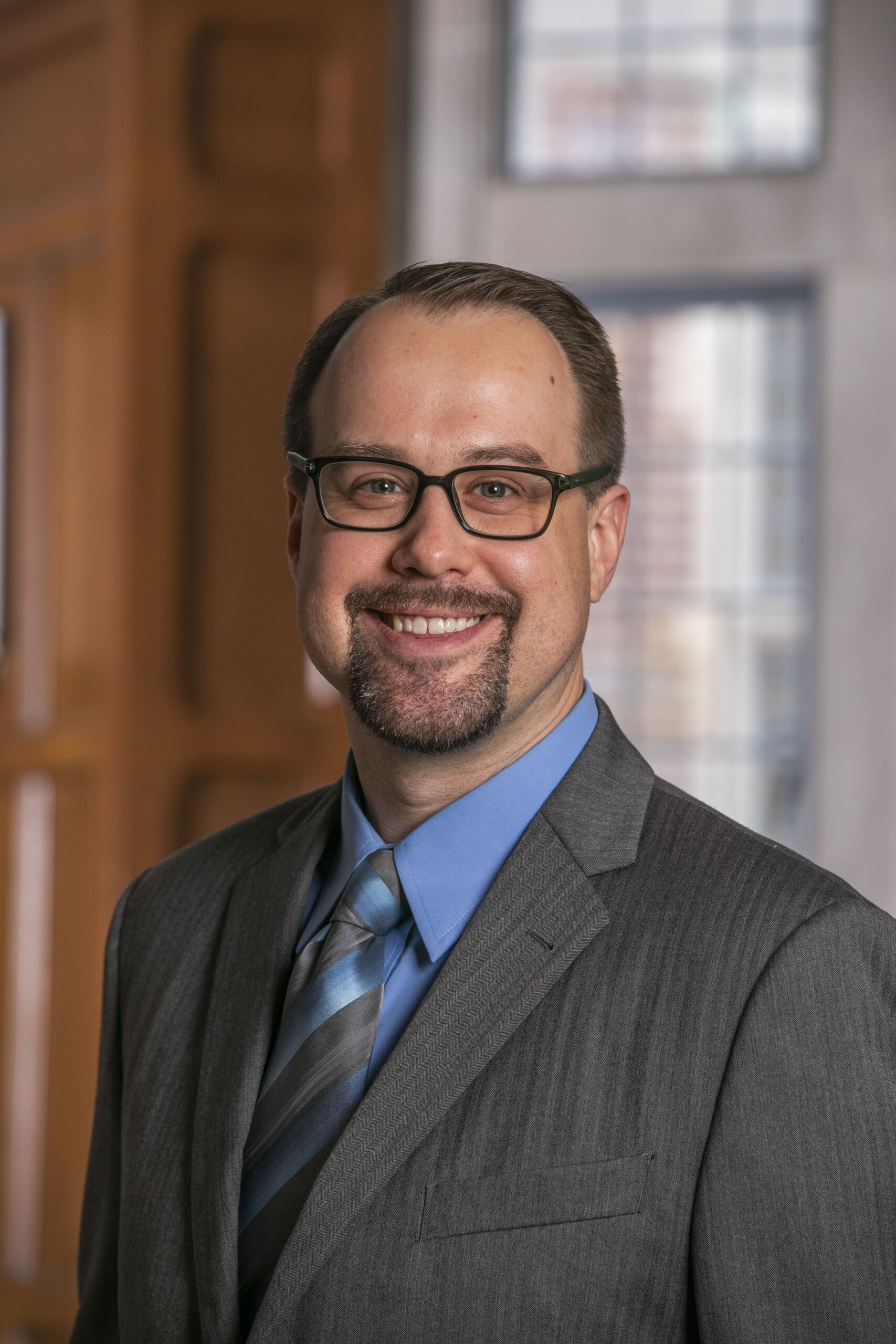Graduate and Postdoc Academic Success (GPAS) Program
The Graduate & Postdoc Academic Success (GPAS) program provides the critical infrastructure and support for College/School leadership, departments/programs, and faculty to assist their students and postdocs in reaching their academic goals. We do this through direct outreach to departments and faculty, responsive programming and workshops, and direct support of students and postdocs in alignment with their development as the next generation of scholars and leaders. In addition to tailored and responsive programming to support departments, graduate student, and postdoc needs, we offer individual success planning sessions which include conversations around progress, productivity and navigating academic relationships.
Postdoc Resources
Links to resources, offices, and services available to postdocs appointed by the Office of Postdoctoral Affairs are listed below in the following categories:
Individual Development Plan (IDP)
The IDP is a valuable communication and planning tool that facilitates collaboration between postdocs and their PI/mentor.
- An initial IDP is required after one month of employment, due by the third month of employment to help set goals for the first year of your postdoc.
- A reappointment IDP is required yearly upon reappointment. This IDP should reflect on accomplishments from the past year, goal setting for the coming year, and long-term career goals.
- IDPs are automatically sent via email and should be completed through RedCap. Please reach out to OPA@vanderbilt.edu if you have any questions.
Benefits of the IDP
- Valuable communication and planning tool between you and your PI/mentor
- One component of a broader professional and mentoring strategy
- Opportunity to discuss long-term career goals and short-term objectives
IDP Resources
(Please note: completing any outside IDP does not fulfill the requirements of a yearly IDP for your reappointment. All IDPs must be completed and submitted through RedCap.)
- myIDP – Provides many resources to make the most of completing your IDP
- ImaginePhD – A career exploration and planning tool for the humanities and social sciences
- The Versatile PhD – The Versatile PhD can help postdocs identify, prepare for and excel in professional careers. This can be accessed through Handshake on the Vanderbilt Career Center website.
- National Postdoc Association – Guide to Using an IDP
- Vanderbilt University Human Resources – Feed Forward IDP
Responsible Conduct of Research
As a premier academic and research institution, Vanderbilt University has an obligation to model, teach, and actively promote the responsible conduct of research in scholarship and science. Research integrity is crucial for exceptional research and is seen as a vital part of training, regardless of funding source.
The National Institutes of Health (NIH) and the National Science Foundation (NSF) require that all those engaged in either NIH- or NSF-funded research must also be educated in the Responsible Conduct of Research (RCR). Vanderbilt has developed programs to meet these requirements and to ensure that its students, faculty, and staff, as appropriate, understand the issues surrounding the RCR, and their obligations as individuals and members of the larger research community.
Vanderbilt's approach to RCR training incorporates online and discussion-based content based on the individual's experience level and discipline. The RCR series covers core norms, principles, regulations, and rules governing the practice of research. All graduate students and postdoctoral fellows in certain departments are expected to complete training in responsible conduct of research (RCR). In addition, depending upon the program in which the student or trainee is enrolled, they may have additional RCR requirements for ongoing training.
Note: The RCR training at Vanderbilt fulfills both the National Institutes of Health and National Science Foundation requirements.
This page and the information contained within it only apply to Vanderbilt graduate students and postdoctoral scholars. For information that relates to RCR training and requirements for Vanderbilt faculty, individuals should contact the schools in which the faculty member is appointed.
Useful Links:
- View this CITI document for information on registering and taking course modules
- Visit the CITI Program website
 Stacey has served as the Academic Life Coach for the last four years and is excited to expand the team to serve more graduate students and postdocs with the transition to Graduate & Postdoc Academic Success (GPAS). Prior to serving in this role, Stacey enjoyed a 20+ year career in higher education providing support for undergraduates and medical students in a variety of student support roles at Vanderbilt, NYU, Columbia and St. John’s University – with much time focused in the field of academic advising. Stacey is also certified in mediation skills and is interested in supporting Vanderbilt community members in having the difficult conversations that lead to growth, learning and moving forward toward shared goals. Stacey enjoys problem solving and finding new strategies to help graduate students and postdocs be successful during their time at Vanderbilt. A native of Oklahoma, she spent most of her adult life in New York City before moving to Nashville and Vanderbilt in 2013.
Stacey has served as the Academic Life Coach for the last four years and is excited to expand the team to serve more graduate students and postdocs with the transition to Graduate & Postdoc Academic Success (GPAS). Prior to serving in this role, Stacey enjoyed a 20+ year career in higher education providing support for undergraduates and medical students in a variety of student support roles at Vanderbilt, NYU, Columbia and St. John’s University – with much time focused in the field of academic advising. Stacey is also certified in mediation skills and is interested in supporting Vanderbilt community members in having the difficult conversations that lead to growth, learning and moving forward toward shared goals. Stacey enjoys problem solving and finding new strategies to help graduate students and postdocs be successful during their time at Vanderbilt. A native of Oklahoma, she spent most of her adult life in New York City before moving to Nashville and Vanderbilt in 2013. A Wisconsin native, Nick attended the University of Wisconsin – Stevens Point, as a first-generation college student. During his undergraduate experience he found a passion for serving and helping others. This passion led Nick to continue his education at Mississippi State University, where he earned a Master of Science in Counselor Education with an emphasis in College Counseling. Nick has spent the last ten years of his professional career helping students navigate the landscape of higher education. He has worked for large land grant institutions, small state schools, and private faith-based institutions. His roles have included work in housing, counseling, career services, academic advising, summer bridge programs, first-year experience, orientation, academic support, and student success. As a Gallup-Certified Strengths Coach Nick works with individuals to help them activate their natural talents, abilities, and ways of thinking into productive and purposeful ways of living. Nick joined Vanderbilt and the GPAS team in July of 2022 and looks forward to learning and growing alongside you. He desires to inspire, encourage, motivate, and believe in all of those who cross his path.
A Wisconsin native, Nick attended the University of Wisconsin – Stevens Point, as a first-generation college student. During his undergraduate experience he found a passion for serving and helping others. This passion led Nick to continue his education at Mississippi State University, where he earned a Master of Science in Counselor Education with an emphasis in College Counseling. Nick has spent the last ten years of his professional career helping students navigate the landscape of higher education. He has worked for large land grant institutions, small state schools, and private faith-based institutions. His roles have included work in housing, counseling, career services, academic advising, summer bridge programs, first-year experience, orientation, academic support, and student success. As a Gallup-Certified Strengths Coach Nick works with individuals to help them activate their natural talents, abilities, and ways of thinking into productive and purposeful ways of living. Nick joined Vanderbilt and the GPAS team in July of 2022 and looks forward to learning and growing alongside you. He desires to inspire, encourage, motivate, and believe in all of those who cross his path.